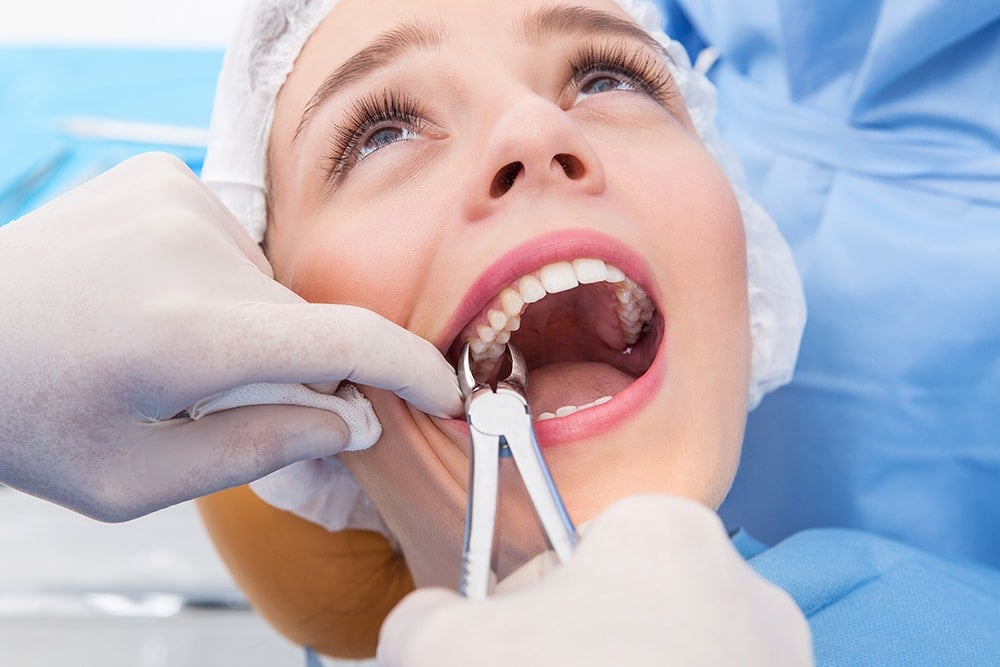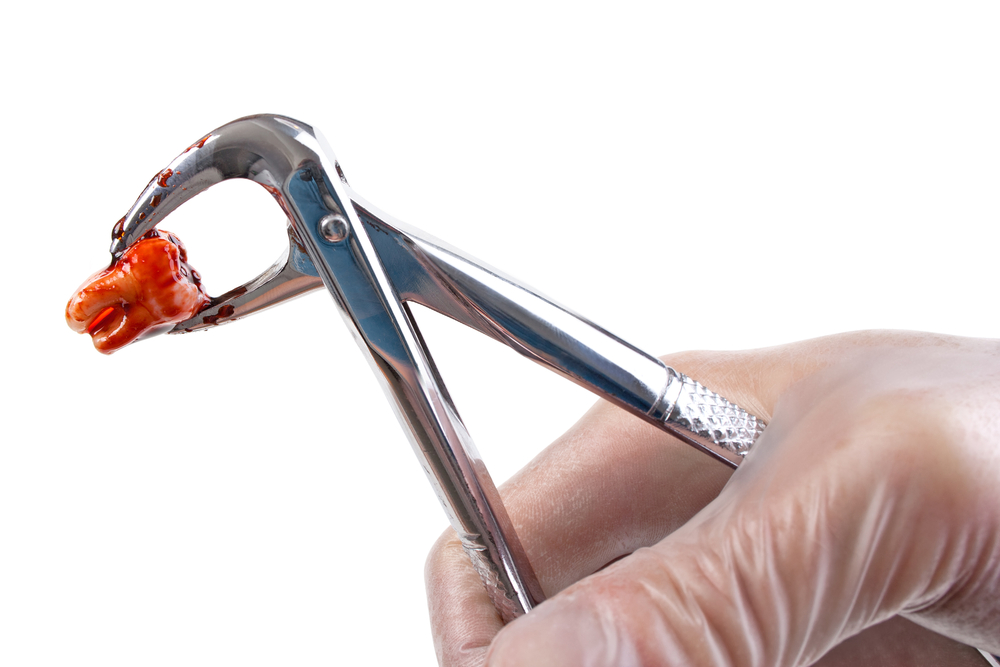If you’re a new parent and your first born is
going through teething phases or even have a second or third child that has
begun teething and your first never did, you may be confused and lost as to how
you should help them cope with their teething.
First off, teething occurs when an infant's
first baby teeth begin to emerge through the gums. This is also known as tooth
eruption. Teething may start as early as 3 months or as late as 12 months. As
you know, this is a wide time frame considering how much your infant will grow
mentally and physically over this period of time.
What you need to know is that baby teeth are
very important in early child development, as they prepare a child’s mouth by
finding a healthy place for their permanent teeth to grow down the road. And
since baby teeth are in your child’s mouth for 8 to 10 years, it’s quite
important that proper care is maintained in order to pave the way for a healthy
adult mouth. You may have also heard baby teeth referred to as primary teeth or
even deciduous teeth.

Something to remember is that the first baby
teeth will begin coming in around 3 to 6 months old. And the last of the 20
baby teeth should be in by 3 years old. For reference, the very first permanent
or “adult” tooth should start to come in around 6 years old.
The other reasons that baby teeth are so
important include helping your child to eat and chew food more easily, speak
more clearly and efficiently, and hold space in their jaws for adult teeth that
are growing in under the gums.
Some of the side effects of this period of
time of teething, though, may include restlessness, a loss of appetite,
irritability, and even an increase in drooling. In order to sooth your child
during these times, you can help them cope with teething by gently rubbing
their gums with your finger (make sure it’s clean!), or you can opt to use a
small cool spoon or moist gauze instead.

The other thing to remember is that baby teeth
are just as prone to cavities as any of your own permanent teeth. In fact, more
than half of all children will experience cavities in some capacity before they
turn 5. Just make sure to teach them proper oral hygiene at a young age.
Instilling it while they’re younger will help to ensure that they take care of
their teeth when they get older.


